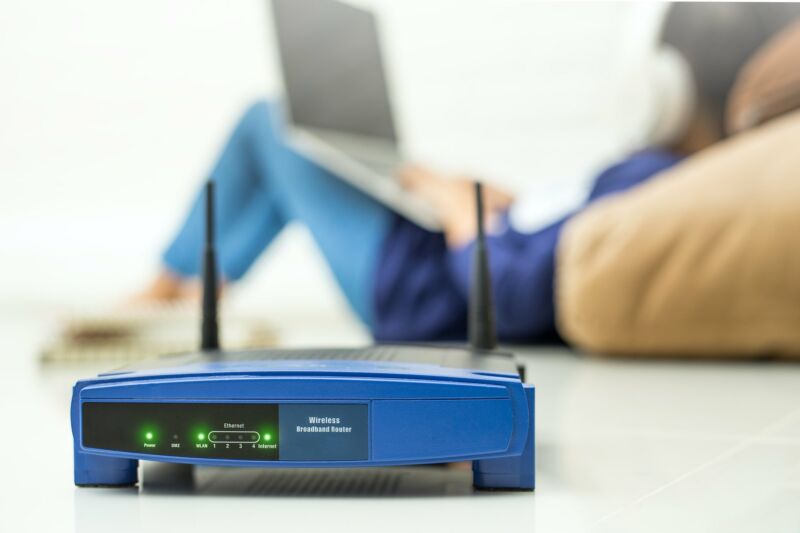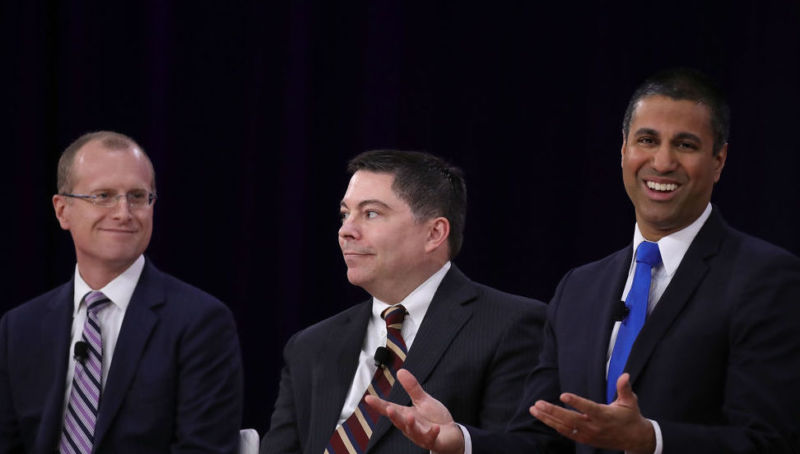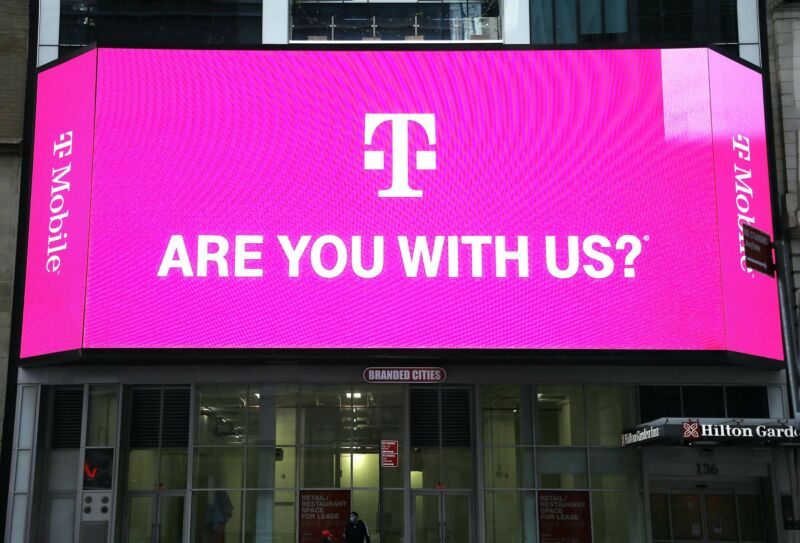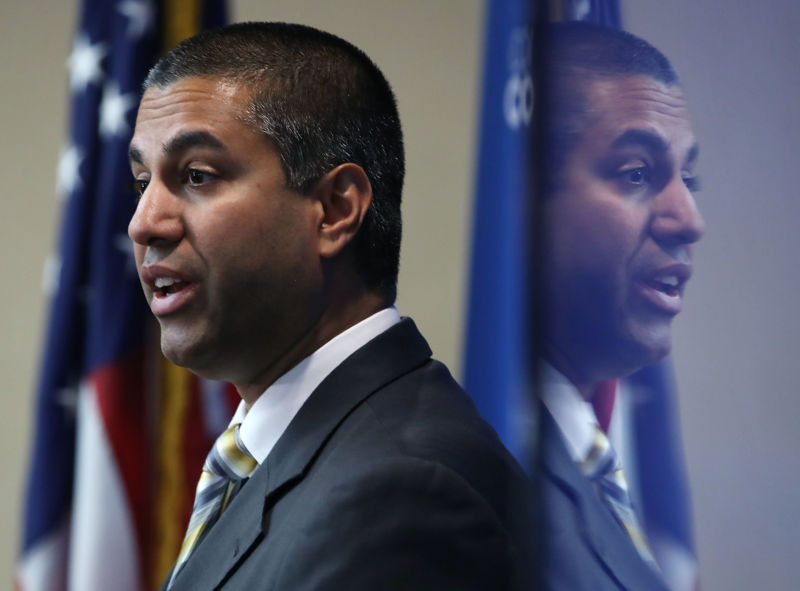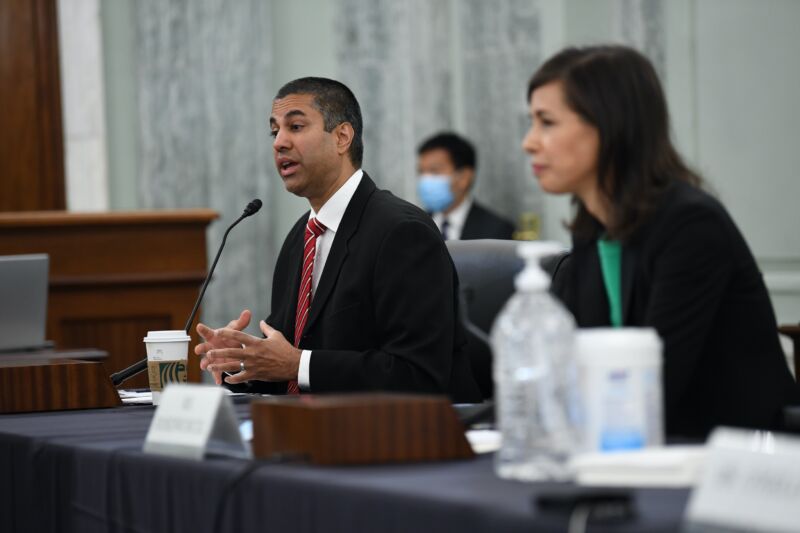-
 chevron_right
chevron_right
SpaceX gets $886 million from FCC to subsidize Starlink in 35 states
Jon Brodkin · news.movim.eu / ArsTechnica · Monday, 7 December, 2020 - 18:43
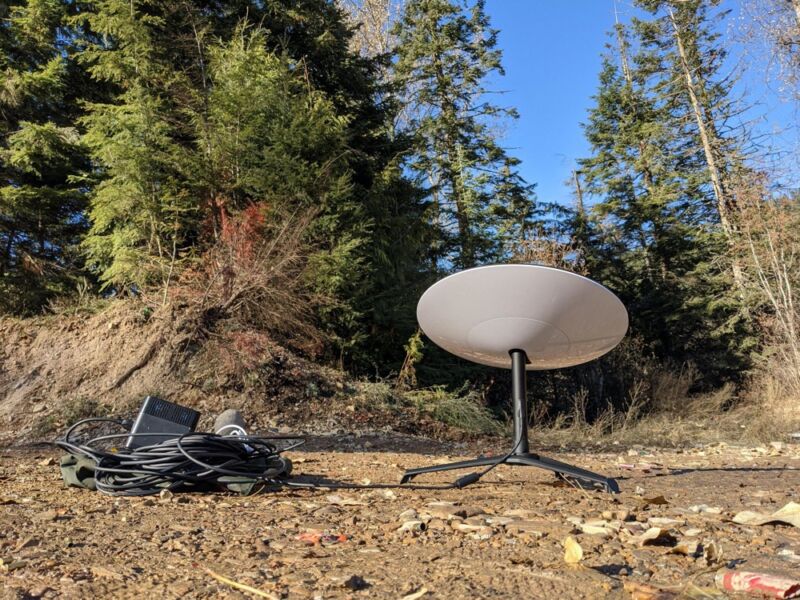
Enlarge / Starlink satellite dish and equipment in the Idaho panhandle's Coeur d'Alene National Forest. (credit: Wandering-coder )
SpaceX has been awarded $885.51 million by the Federal Communications Commission to provide Starlink broadband to 642,925 rural homes and businesses in 35 states. The satellite provider was one of the biggest winners in the FCC's Rural Digital Opportunity Fund (RDOF) auction, the results of which were released today . Funding is distributed over 10 years, so SpaceX's haul will amount to a little over $88.5 million per year.
Charter Communications, the second-largest US cable company after Comcast, did even better. Charter is set to receive $1.22 billion over 10 years to bring service to 1.06 million homes and businesses in 24 states.
FCC funding can be used in different ways depending on the type of broadband service. Cable companies like Charter and other wireline providers generally use the money to expand their networks into new areas that don't already have broadband. But with Starlink, SpaceX could theoretically provide service to all of rural America once it has launched enough satellites, even without FCC funding.

